Earl Stone, a man in his eighties, is broke, alone, and facing foreclosure of his business when he is offered a job that simply requires him to drive. Easy enough, […]
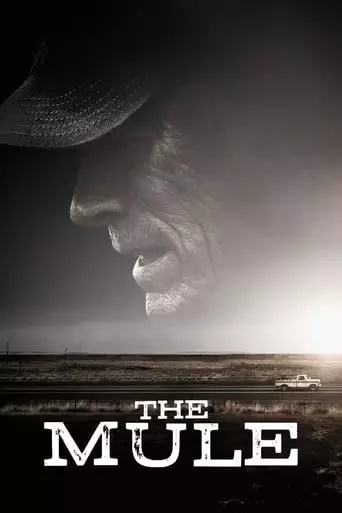
Earl Stone, a man in his eighties, is broke, alone, and facing foreclosure of his business when he is offered a job that simply requires him to drive. Easy enough, […]
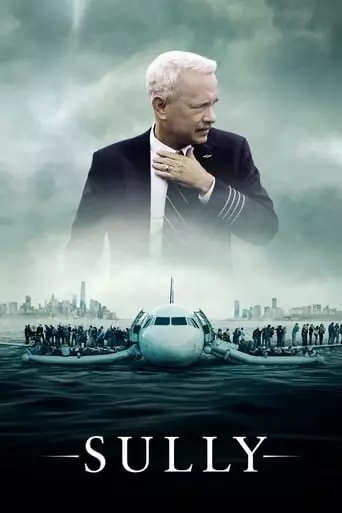
On 15 January 2009, the world witnessed the ‘Miracle on the Hudson’ when Captain ‘Sully’ Sullenberger glided his disabled plane onto the Hudson River, saving the lives of all 155 […]
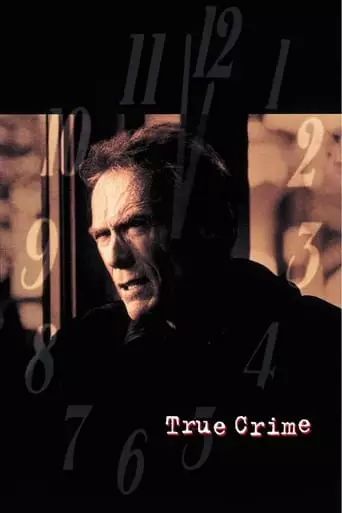
Boozer, skirt chaser, careless father. You could create your own list of reporter Steve Everett’s faults but there’s no time. A San Quentin Death Row prisoner is slated to die […]
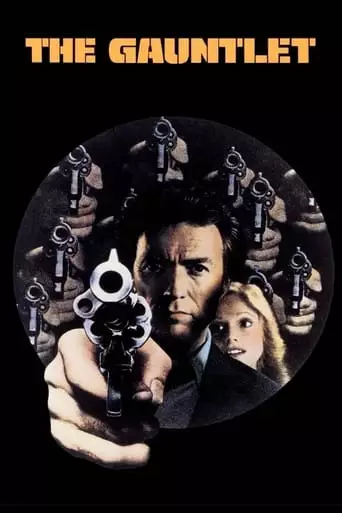
Phoenix cop Ben Shockley is well on his way to becoming a derelict when he is assigned to transport a witness from Las Vegas. The witness turns out to be […]
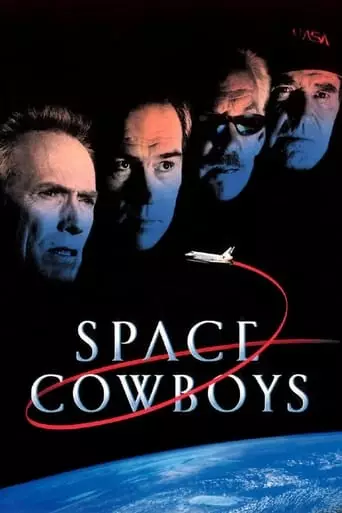
Frank Corvin, ‘Hawk’ Hawkins, Jerry O’Neill and ‘Tank’ Sullivan were hotdog members of Project Daedalus, the Air Force’s test program for space travel, but their hopes were dashed in 1958 […]
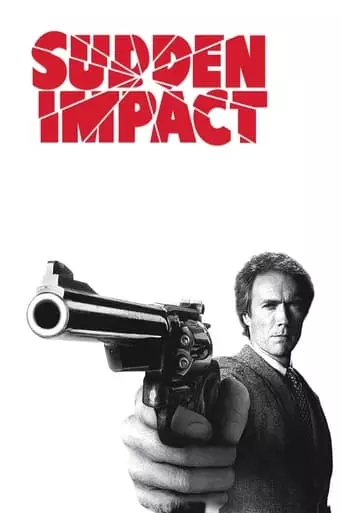
When a young rape victim takes justice into her own hands and becomes a serial killer, it’s up to Dirty Harry Callahan, on suspension from the SFPD, to bring her […]
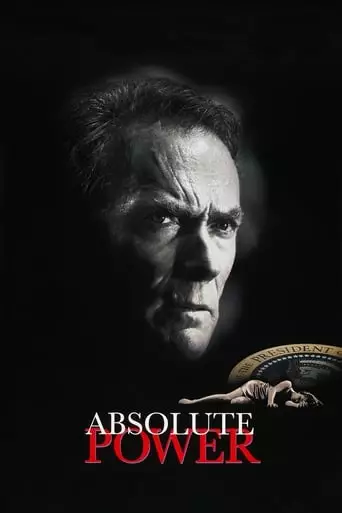
A master thief coincidentally is robbing a house where a murder—in which the President of The United States is involved—occurs in front of his eyes. He is forced to run, […]

Three people — a blue-collar American, a French journalist and a London school boy — are touched by death in different ways.
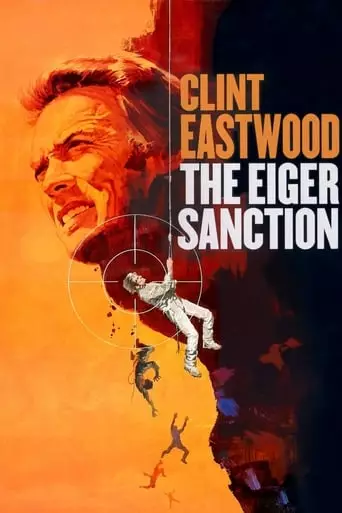
A classical art professor and collector, who doubles as a professional assassin, is coerced out of retirement to avenge the murder of an old friend.
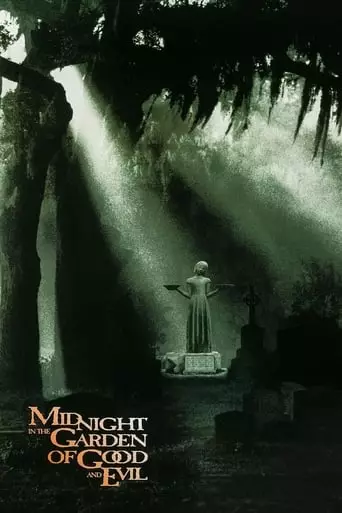
A visiting city reporter’s assignment suddenly revolves around the murder trial of a local millionaire, whom he befriends.
Clint Eastwood: A Director Who Redefined Hollywood’s Narrative Landscape
Clint Eastwood, born May 31, 1930, in San Francisco, California, is a cinematic legend whose contributions to film transcend his iconic acting career. As a director, Eastwood has built a reputation for crafting films that explore themes of morality, justice, redemption, and human resilience. Over his five-decade-long directorial career, Eastwood has helmed a diverse range of movies, from gritty Westerns to thought-provoking dramas, cementing his place as one of the most accomplished filmmakers of his time.
Transition from Actor to Director
Eastwood’s journey to becoming a director began in the late 1960s, at the height of his acting career. After achieving global fame as the enigmatic “Man with No Name” in Sergio Leone’s Dollars Trilogy and as “Dirty Harry” Callahan in Don Siegel’s crime dramas, Eastwood sought more creative control over his projects. His directorial debut came with Play Misty for Me (1971), a psychological thriller that showcased his ability to weave tension and emotion with a steady hand.
A Distinctive Directorial Style
Clint Eastwood’s directing style is often described as minimalist and efficient. He is known for his preference for quick shoots, limited takes, and an emphasis on storytelling over flashy visuals. This approach allows his films to feel grounded and authentic, with a focus on character development and narrative depth.
His work often explores themes of morality, the complexity of heroism, and the consequences of violence. Eastwood has a penchant for moral ambiguity, frequently presenting flawed protagonists grappling with difficult choices, leaving audiences to ponder right and wrong.
Iconic Films
“Unforgiven” (1992)
Widely regarded as Eastwood’s masterpiece, Unforgiven is a revisionist Western that deconstructs the myths of the genre. Starring Eastwood himself as a reformed gunslinger drawn back into violence, the film won four Academy Awards, including Best Picture and Best Director, and is hailed as a landmark in modern Westerns.
“Mystic River” (2003)
This gripping drama explores themes of trauma, loss, and vengeance through the lives of childhood friends reunited by tragedy. With powerhouse performances and a haunting narrative, Mystic River earned Eastwood widespread acclaim and multiple Oscar nominations.
“Million Dollar Baby” (2004)
A poignant story about an underdog female boxer and her reluctant trainer, Million Dollar Baby won four Academy Awards, including Best Picture and Best Director. The film’s emotional depth and exploration of perseverance and loss solidified Eastwood’s reputation as a master storyteller.
“Gran Torino” (2008)
A deeply personal project, Gran Torino features Eastwood as a grizzled Korean War veteran who confronts his prejudices and finds redemption. The film is a reflection on tolerance, aging, and legacy, resonating with audiences worldwide.
“American Sniper” (2014)
Based on the life of Navy SEAL Chris Kyle, American Sniper examines the psychological toll of war. The film became a box office phenomenon, sparking discussions about patriotism, duty, and the effects of combat on soldiers.
Themes and Legacy
Eastwood’s films often delve into the complexities of human nature, avoiding clear-cut heroes or villains. He challenges traditional narratives by highlighting the moral gray areas of life, from the ethics of vigilantism in Unforgiven to the sacrifices of soldiers in Letters from Iwo Jima. His work frequently reflects a deep respect for history and an exploration of American identity.
As a director, Eastwood has also demonstrated a remarkable ability to work across genres, from war epics like Flags of Our Fathers and Letters from Iwo Jima to intimate character studies like The Bridges of Madison County. His adaptability and willingness to tackle difficult subjects have earned him critical and commercial success.
A Director’s Legacy
Clint Eastwood has directed over 40 films, many of which have become staples of American cinema. His work has earned numerous awards, including multiple Oscars, and his influence extends to filmmakers who admire his efficiency, storytelling, and thematic depth.
At an age when many retire, Eastwood continues to direct, often working on projects that challenge conventional storytelling. His longevity and productivity are a testament to his passion for filmmaking and his belief in the power of cinema to explore the human condition.
Conclusion
Clint Eastwood’s directorial career is a remarkable journey of artistic growth and exploration. From redefining the Western genre to crafting deeply human stories that resonate universally, Eastwood has left an indelible mark on the film industry. His films are a reflection of his own evolution as an artist—complex, thoughtful, and unafraid to confront life’s toughest questions. Few directors have achieved his level of success, longevity, and impact, making him a true icon of cinema.